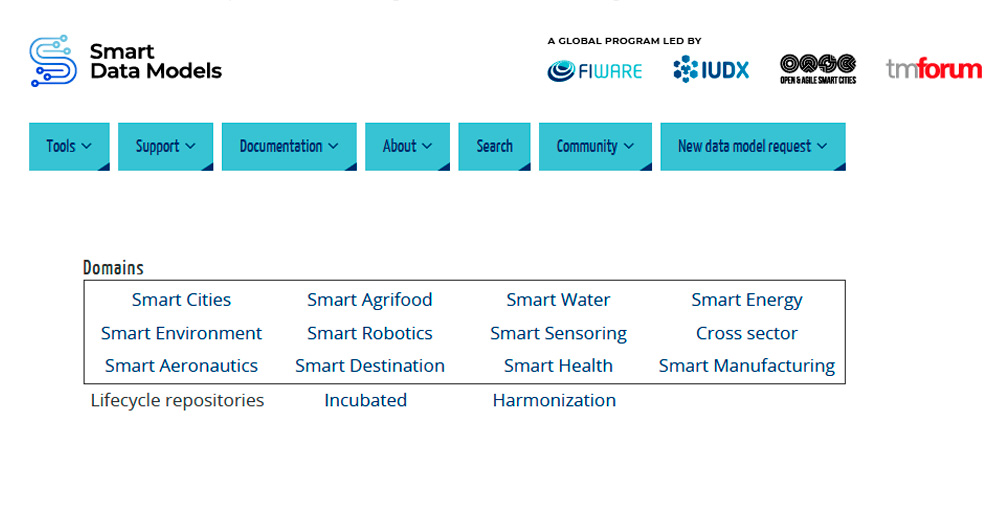12 posts found
The Interoperable Europe Act
One of the main requirements of the digital transformation of the public sector concerns the existence of optimal interoperability conditions for data sharing. This is an essential premise from a number of points of view, in particular as regards multi-entity actions and procedures. In particular, i…
Common European public sector data spaces
The strong commitment to common data spaces at European level is one of the main axes of the European Data Strategy adopted in 2020. This approach was already announced in that document as a basis, on the one hand, to support public policy momentum and, on the other hand, to facilitate the developme…
Private company data sharing initiatives: success stories
In today's digital age, data sharing and opendatahave emerged as key pillars for innovation, transparency and economic development. A number of companies and organisations around the world are adopting these approaches to foster open access to information and enhance data-driven decision making. Bel…
Safe rooms in Spain: What kind of data can researchers access?
There are a number of data that are very valuable, but which by their nature cannot be opened to the public at large. These are confidential data which are subject to third party rights that prevent them from being made available through open platforms, but which may be essential for research that p…
Data intermediaries and their role in the Data Governance Act
Data is a key part of Europe''s digital economy. This is recognised in the Data Strategy, which aims to create a single market that allows free movement of data in order to foster digital transformation and technological innovation. However, achieving this goal involves overcoming a number of obstac…
Towards an Open Government: A Guide to Transforming Public Administrations
The Open Government Guide for Public Employees is a manual to guide the staff of public administrations at all levels (local, regional and state) on the concept and conditions necessary to achieve an "inclusive open government in a digital environment". Specifically, the document seeks for the admin…
The European data space for public procurement: possibilities, difficulties and challenges
The regulatory approach in the European Union has taken a major turn since the first regulation on the reuse of public sector information was promoted in 2003. Specifically, as a consequence of the European Data Strategy approved in 2020, the regulatory approach is being expanded from at least two p…
Exploring the role of open data on the web3
While there is still no absolute consensus on the definition of Web3, the applications and concepts associated with the term have been increasingly widely explored in recent years and some of its propositions such as cryptocurrencies have already reached the general public. The term Web3 usually ref…
AI to improve public tenders and sculptures using open data: we spoke with the Spanish semi-finalists of the EU Datathon 2022
After several months competing, on 20 October the open data contest organised by the EU came to an end. The EU Datathon is a contest that gives data developers and scientists the chance to demonstrate, through their creativity, the potential of open data.
Although in this post you can…
The importance of Smart Data Models
In the current context, digitalisation has expanded exponentially, reaching beyond the boundaries of the private sector and consolidating itself as one of the great challenges in all productive sectors of society. This process has brought with it the massive generation of data from which to extract…









